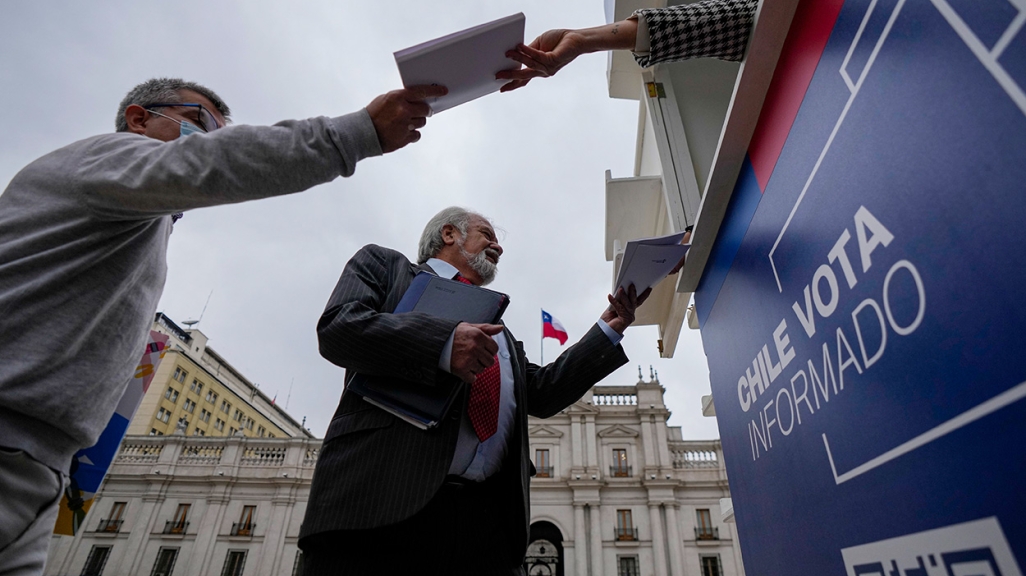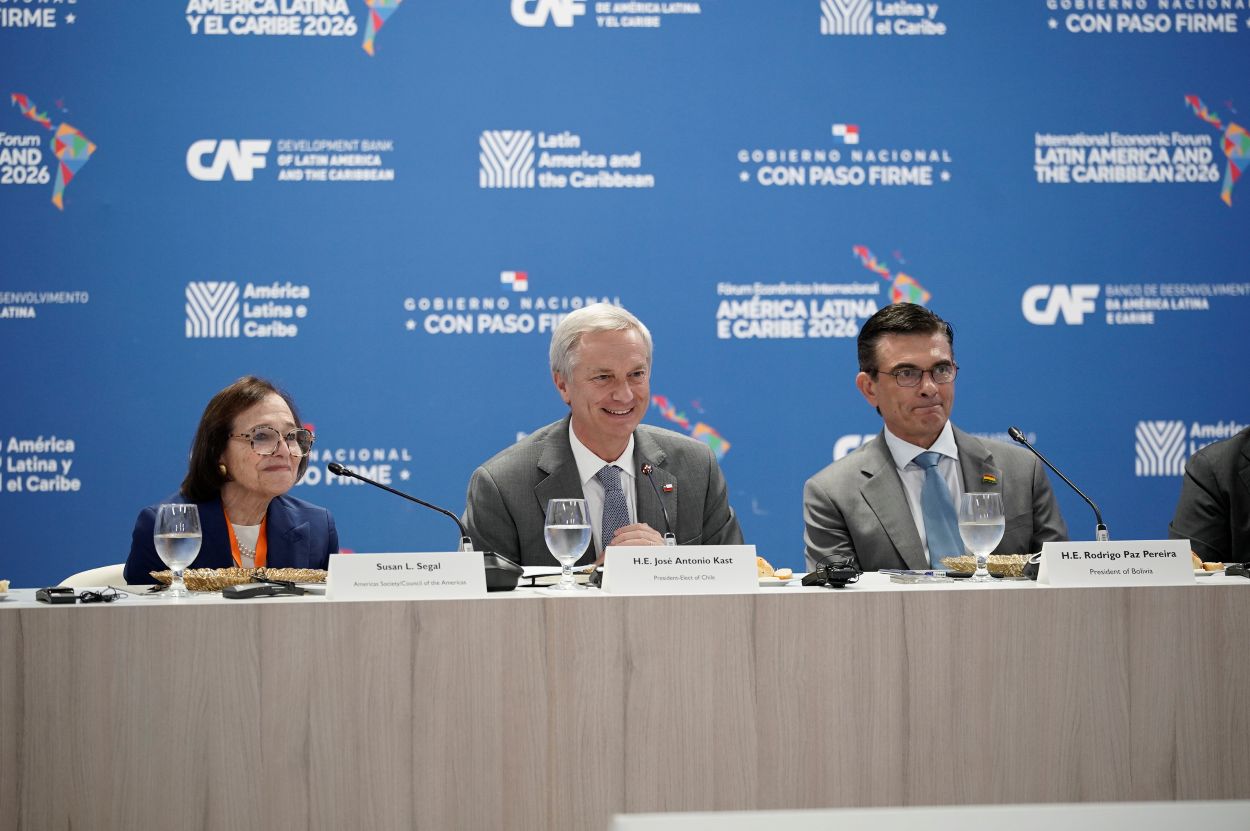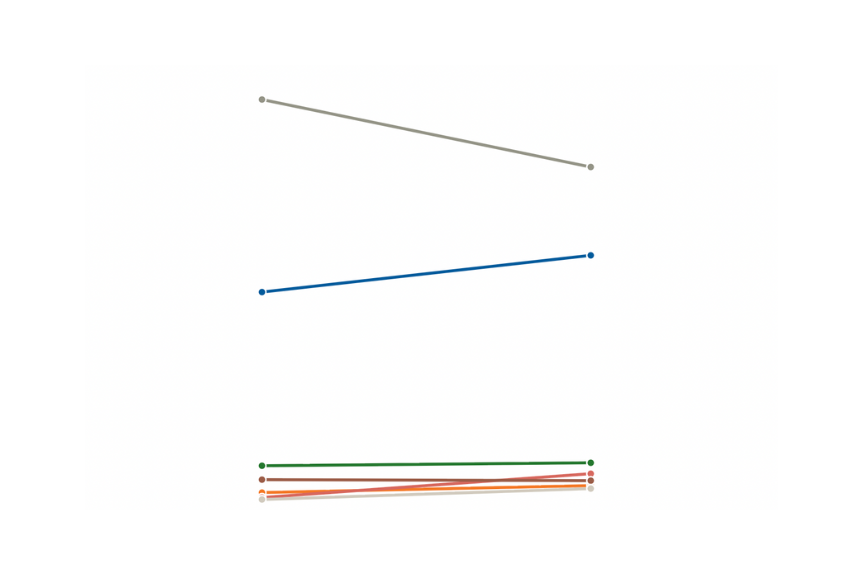Poll Update: Chile's Second Constitutional Referendum
Poll Update: Chile's Second Constitutional Referendum
On December 17, Chileans vote on a new constitutional draft. Learn about its contents and see polling.
It’s becoming an annual tradition in Chile. For the fourth time in as many years, Chileans will go to the polls to vote on matters related to replacing their Constitution. This year, a new draft document, written over the past year by a conservative-dominated body, will be up for approval on December 17.
Back in 2020, 78 percent of Chileans voted in favor of replacing the country’s current Magna Carta, which was written during the dictatorship of Augusto Pinochet in 1980. Then, in 2022, 62 percent of voters rejected the first attempt at that document, which would have been one of the most progressive Constitutions in the world.
After the defeat of the first draft, the government of President Gabriel Boric, a supporter of the need for new Constitution, sketched out a new process for a second draft. First, a commission of experts appointed by Congress would propose a draft. Then, 51 elected representatives would propose and vote on amendments over eight months.
The May 2023 election to select those representatives saw conservatives, namely the right-wing Republican Party, win a plurality, with 23 of the 51 seats. Let’s Go Chile, a right-wing coalition, captured its own 10 seats.
The body presented its draft on November 7. Among the document’s major tenets are provisions that weaken the government’s responsibility to provide social services, strengthen the power of the president, and create new state oversight institutions. Unlike the last draft, which declared Chile a plurinational country in recognition of the country’s indigenous population, the 2023 draft does not include any mention of indigenous Chileans.
Like the previous draft, this document affirms Chileans’ social rights, such as the right to health and education. But this version specifies that such rights do not have to be provided by the government, but instead can be accessed from private providers. Currently, Chile has extensive private health, pension, and education systems that progressives have sought to dismantle.
Other provisions curb the right to strike and enable the expulsion of undocumented migrants. The draft also includes measures around “conscientious objection” that progressives say could be used to challenge, on religious grounds, provisions such as educational standards, non-discrimination laws, and reproductive care. Moreover, the proposed draft includes language that protects the life of the unborn and could lead to the repeal of laws that permit abortion in cases of rape or threats to the mother’s life.
Boric’s coalition of parties has announced that if this draft is rejected, it will not push for a third drafting process.
AS/COA covered votes in the Americas, from presidential elections to referendums.










